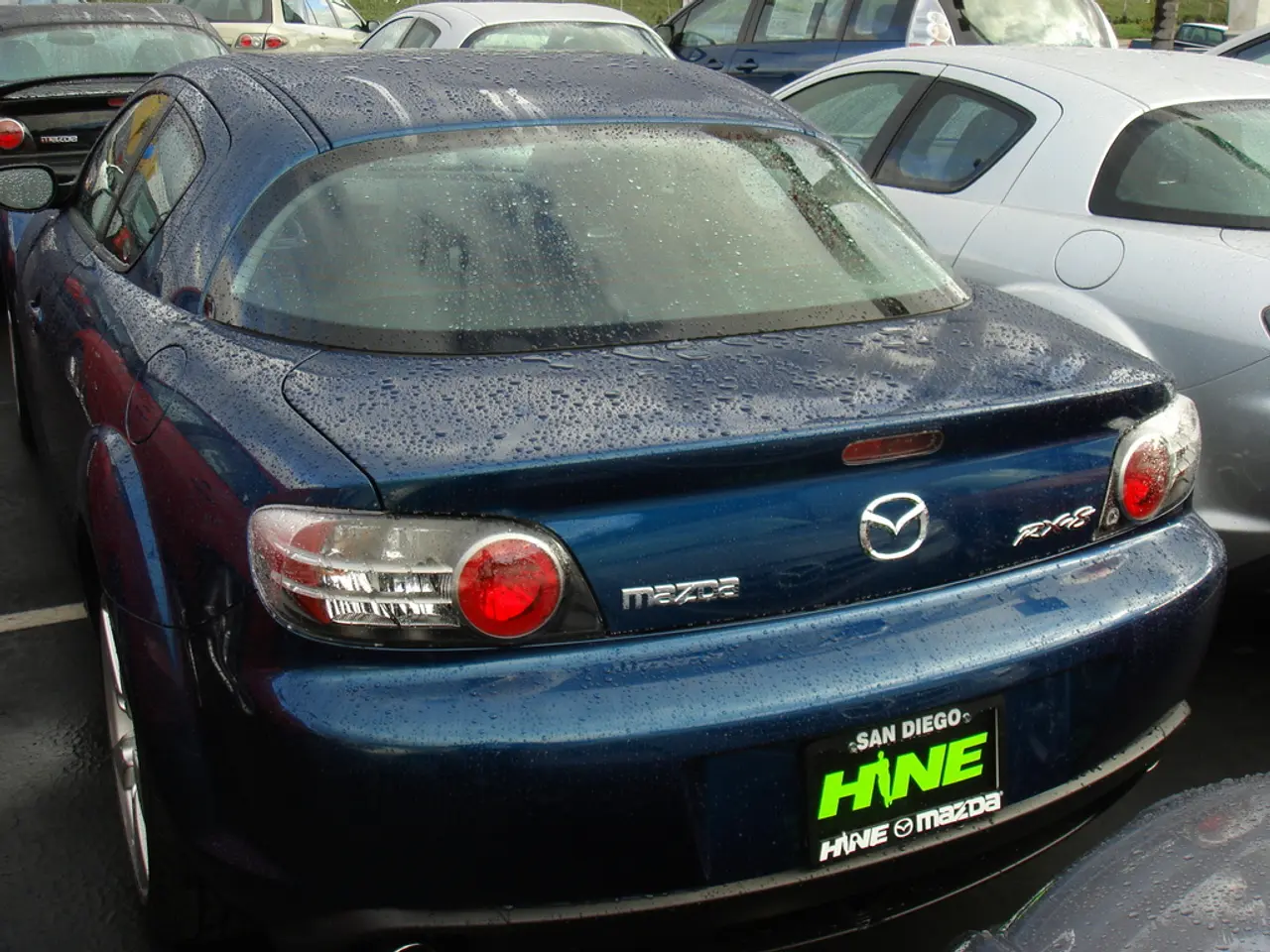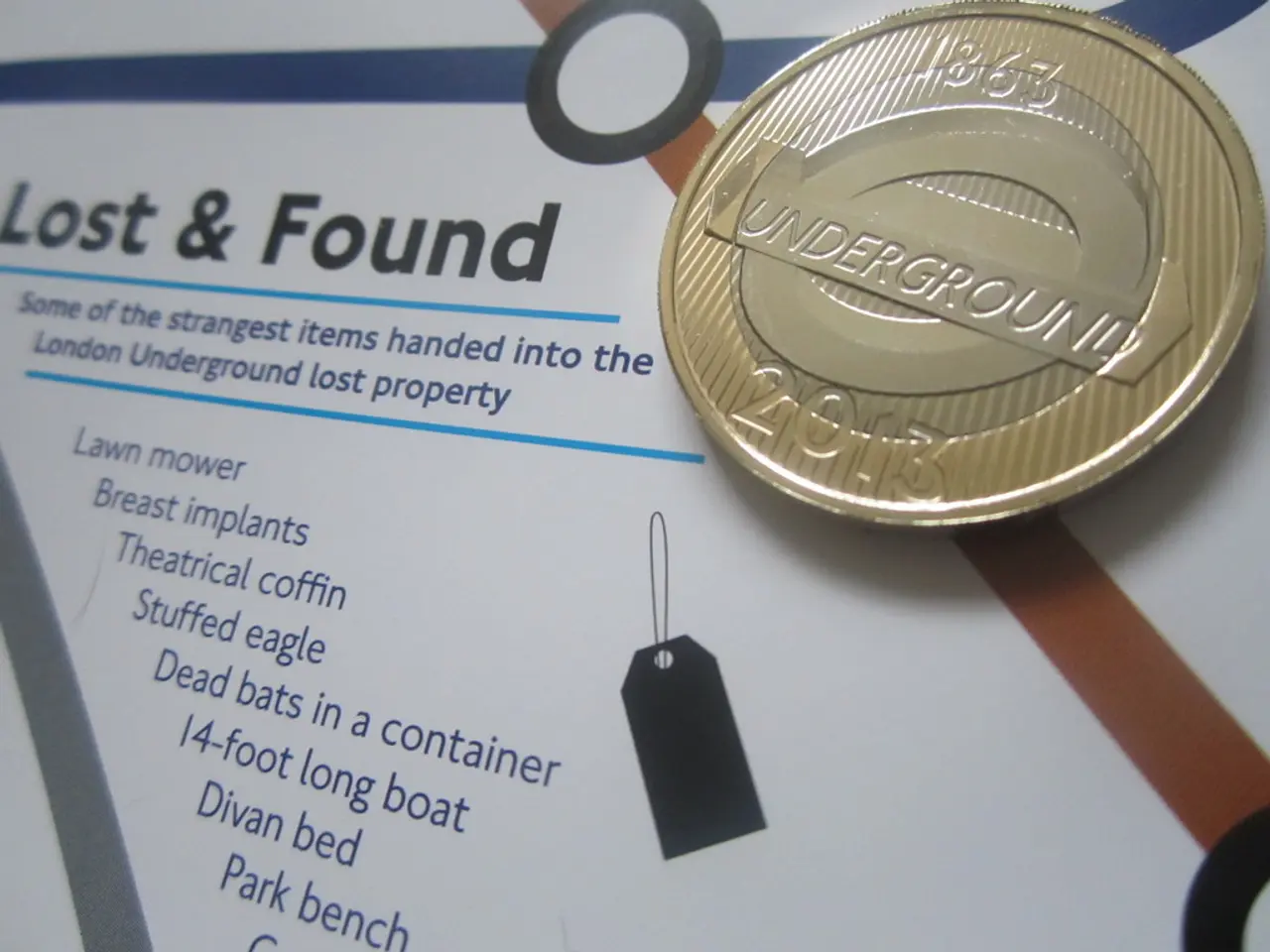Car sales in the EU experienced a decrease of 1.9% during the first six months of the year - Car sales in the EU decreased by 1.9% during the first half of the year
In the first half of 2025, the European Union's new car market experienced a contraction of 1.9%, primarily due to a challenging global economic environment that affected consumer confidence and spending on new cars [2][4]. Despite this overall decline, there was a significant increase in electric vehicle (EV) sales, with battery-electric vehicles (BEVs) growing by 24.9% year-on-year, representing a 15.6% market share of new car sales [1][2][4].
The market decreases were notable in France (-7.9%), the Netherlands (-5.5%), Germany (-4.7%), and Italy (-3.6%), though Spain experienced a significant market expansion (+13.9%) [2]. BEV sales rose sharply, especially in Germany (+35.1%), Spain (+83.9%), and Poland (+60.9%), indicating a strong consumer shift towards electrification despite the downturn in overall new car registrations [2].
Hybrid vehicles also saw an increase, achieving a market share of 34.1% with around 1,943,000 vehicles registered in the EU during the first half of the year. Hybrid vehicles are now ahead of gasoline cars in terms of market share, with a share of 34.1% compared to gasoline cars' 28.4%. In France, the sales of non-rechargeable hybrid models increased by 34.1%, and Germany saw a 9.9% increase [3].
However, the sales of diesel vehicles accounted for only 9.4% of the EU market during the first half of the year, indicating a clear shift towards cleaner mobility solutions. The registration of new electric cars in the US pioneer Tesla decreased, but other manufacturers in the electric segment have seen increases [1].
Despite the promising growth in EV sales, Constantin Gall, automotive market expert at EY, stated that the increases are below the expectations of politics and industry [3]. He attributes the weak demand to difficult framework conditions, including weak economic growth, high new car prices, and high uncertainty due to geopolitical conflicts.
In conclusion, the overall EU new car market contraction is linked to broader economic pressures, while the accelerating electric and hybrid vehicle sales reflect changing consumer preferences and policy-driven shifts towards cleaner mobility [1][2][3]. While the market shows signs of recovery, the shift towards electric mobility is a long-term trend that is expected to continue in the coming years.
The European Union's employment policy, particularly in the automotive industry, is significantly impacted by the changing trends in the new car market. Finance plays a crucial role in this shift, as the high cost of new cars and economic uncertainties hinder the demand for electric and hybrid vehicles, despite their rising market shares. Transportation, nonetheless, represents a promising growth sector, as the transition towards cleaner mobility solutions, guided by policy changes, continues to gain momentum. Community support and policy adjustments could potentially address the financial challenges, thereby fostering greater employment within the industry.




